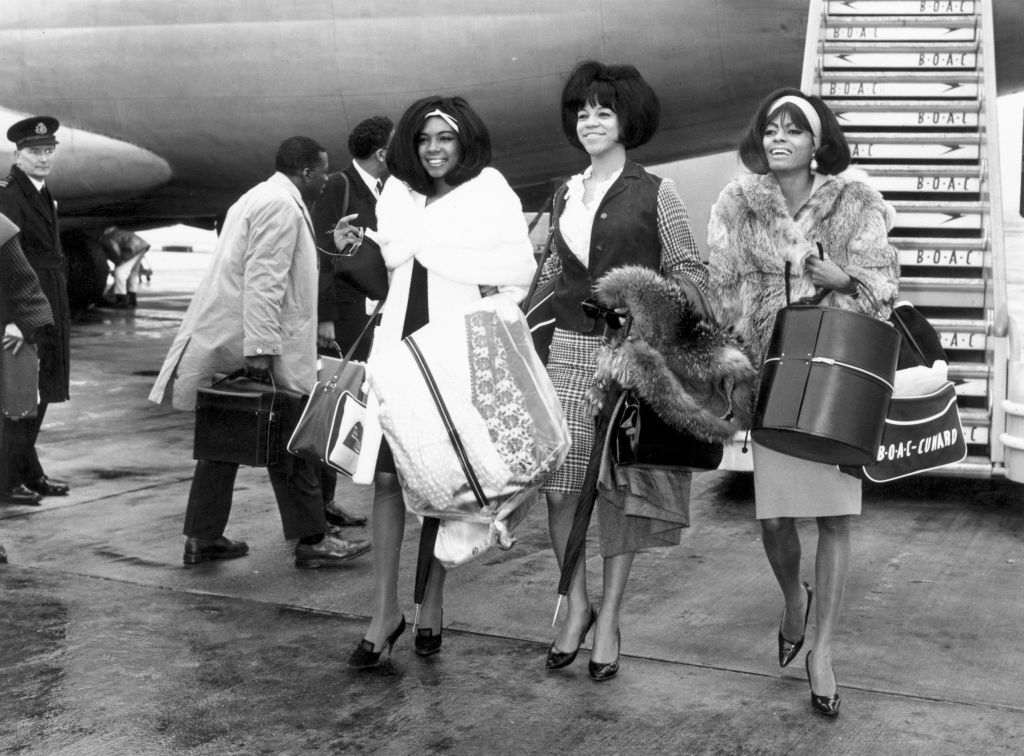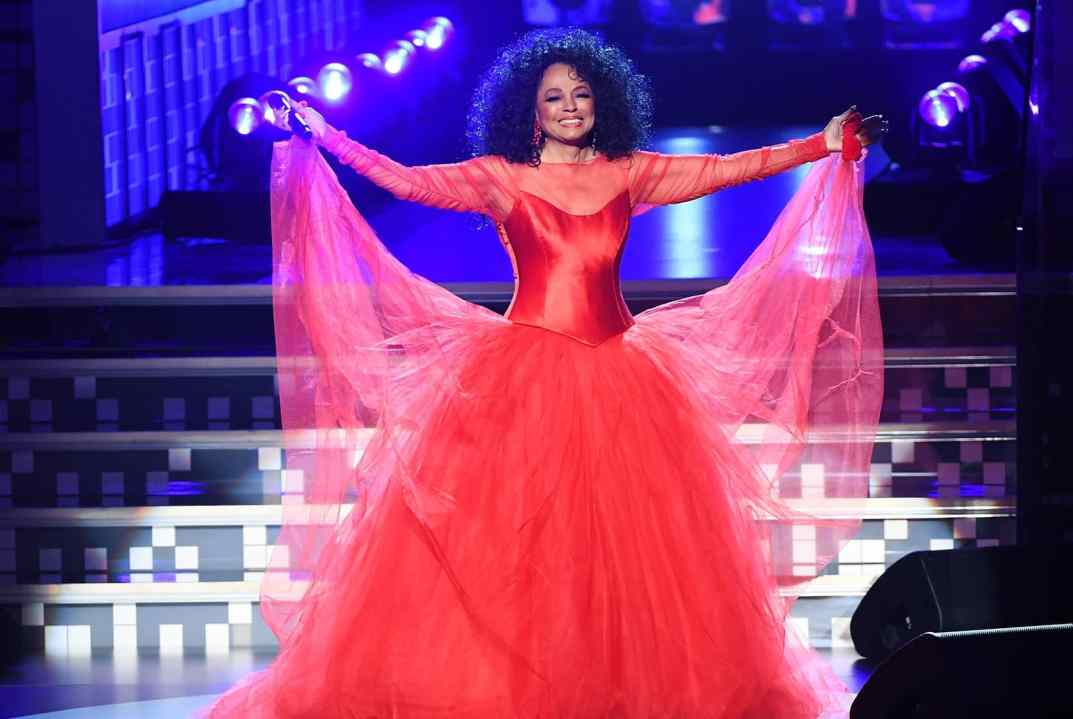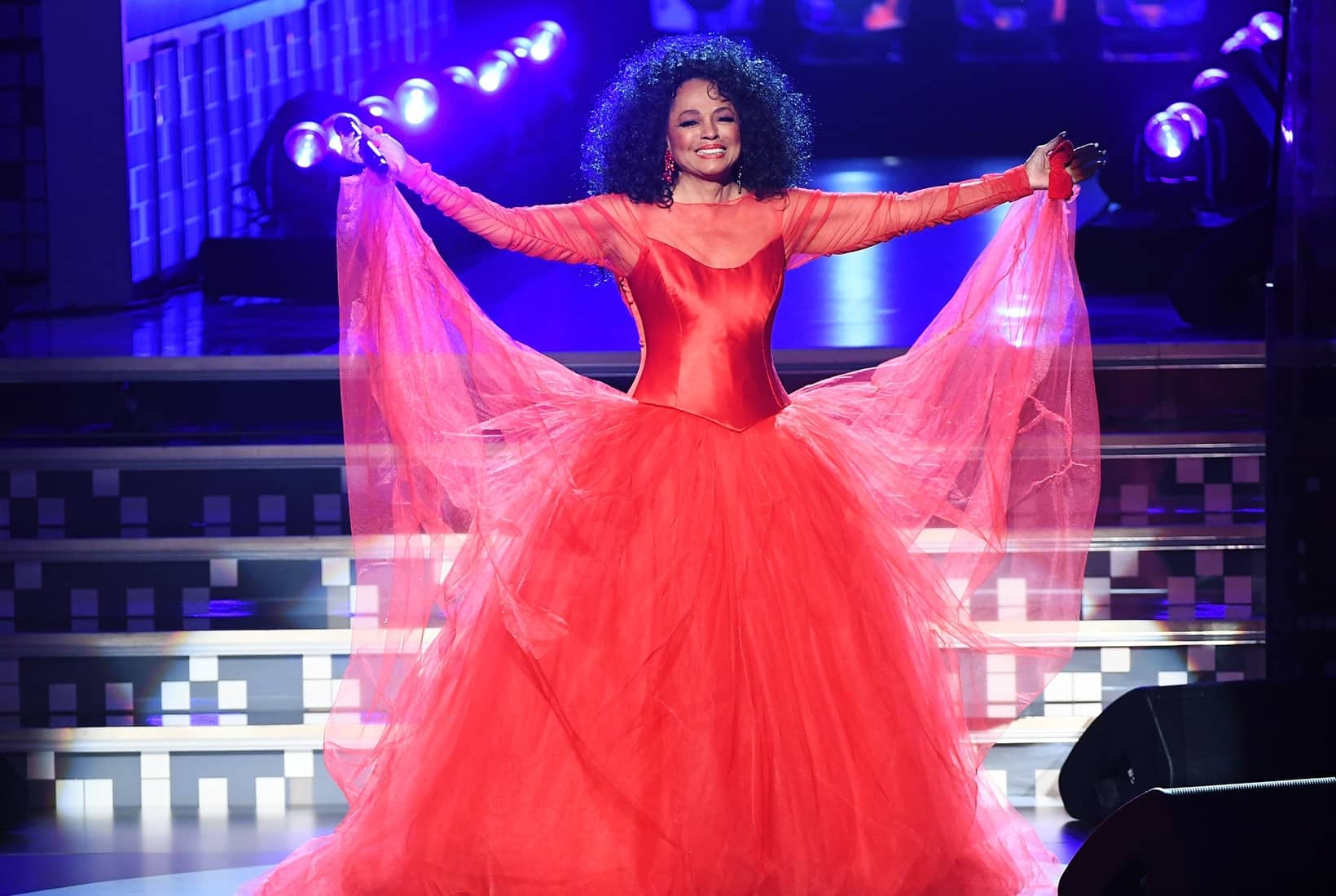When Motown first packaged up a roster of artists and songs that could be embraced by a non-black audience, no new act – not Smokey Robinson or Marvin Gaye or Little Stevie Wonder or Martha and the Vandellas or the Temptations – crossed over into the bosom of Middle America as easefully as the Supremes. Or Diana Ross and the Supremes, as with many internal ructions they were later rebranded, Ross being the one with shimmering star quality who stood in the middle and sang the lead.
They were signed to Motown 60 years ago and given songs by Holland-Dozier-Holland to sell in floor-length gowns. Those songs have seeped into the marrow of us all and, while the world marvels at the longevity of Sirs Paul, Mick, Rod and Elton, it’s time to hear it for the girls. Or the girl. Joan Baez having done her farewell tour, Diana Ross is the only major female singer from the era who is still at it.

The subtleties of Diana Ross’s songbook were liable to get lost in an enormodome adapted for anthemising
She’s 78, and doesn’t mind saying so, and this alone merits the standing ovation that greeted her when, to the sound of ‘I’m Coming Out’, she came out into the O2 Arena, engulfed in an orange puffball creation like something that floats around coral reefs in documentaries.

Get Britain's best politics newsletters
Register to get The Spectator's insight and opinion straight to your inbox. You can then read two free articles each week.
Already a subscriber? Log in









Comments
Join the debate for just $5 for 3 months
Be part of the conversation with other Spectator readers by getting your first three months for $5.
UNLOCK ACCESS Just $5 for 3 monthsAlready a subscriber? Log in